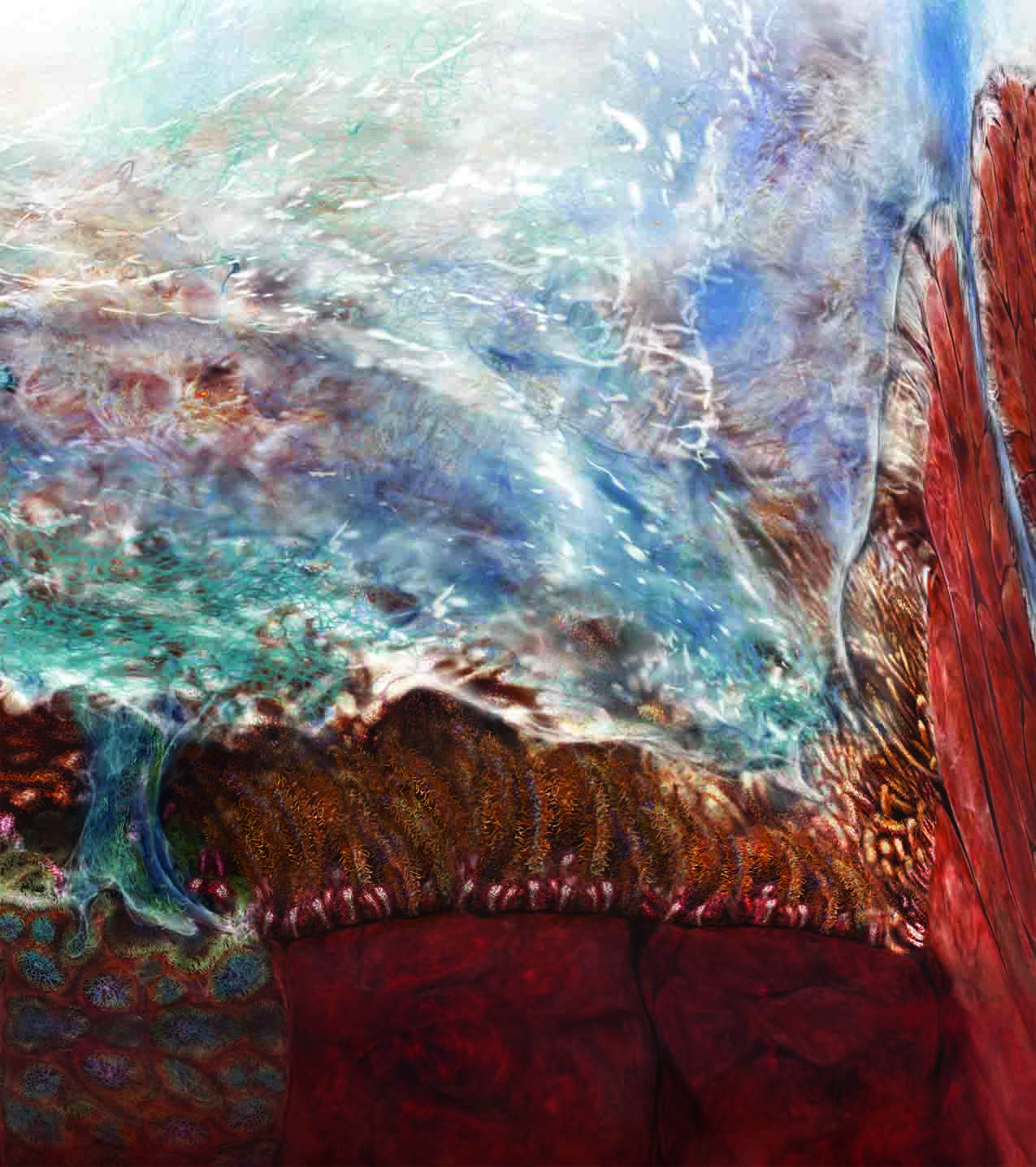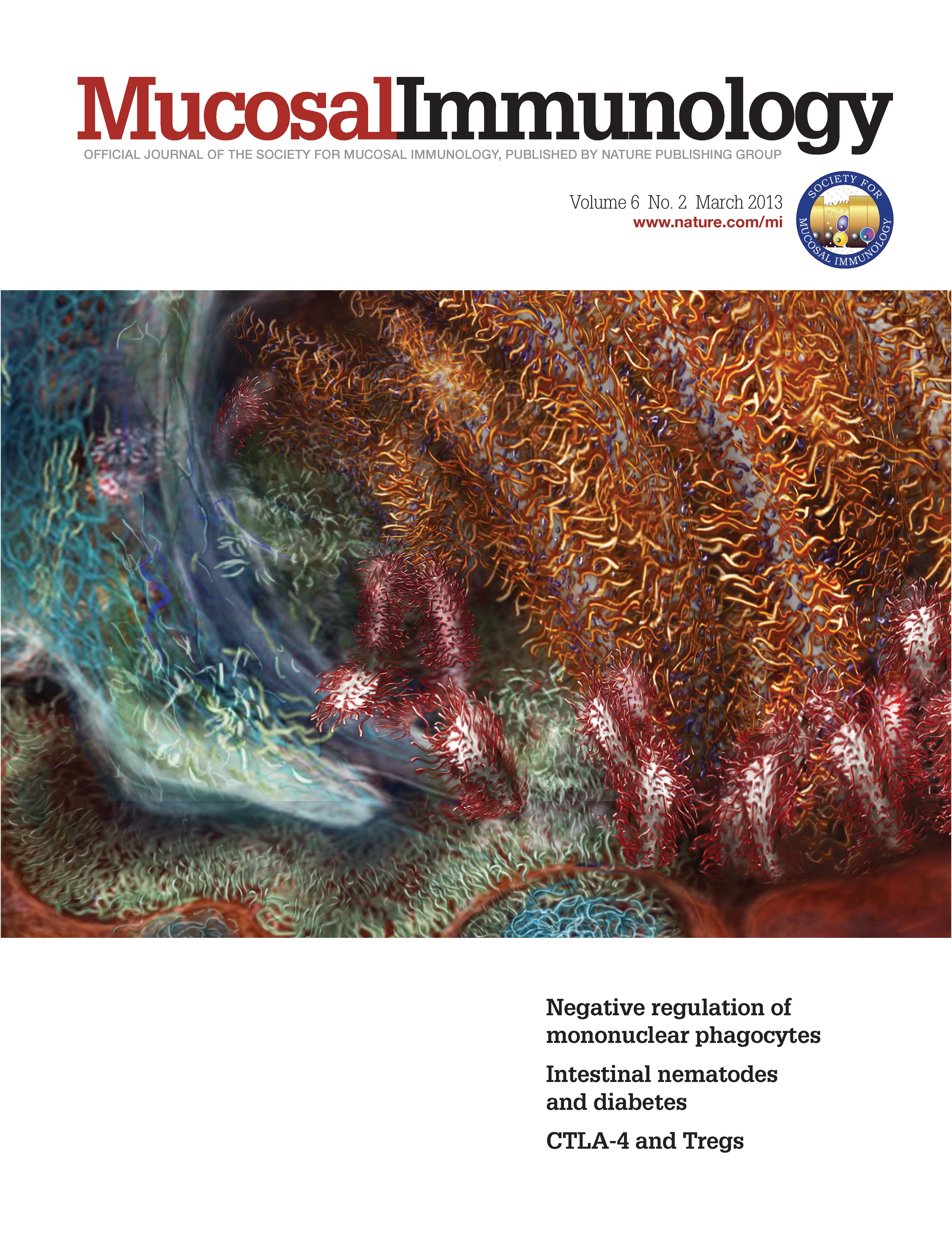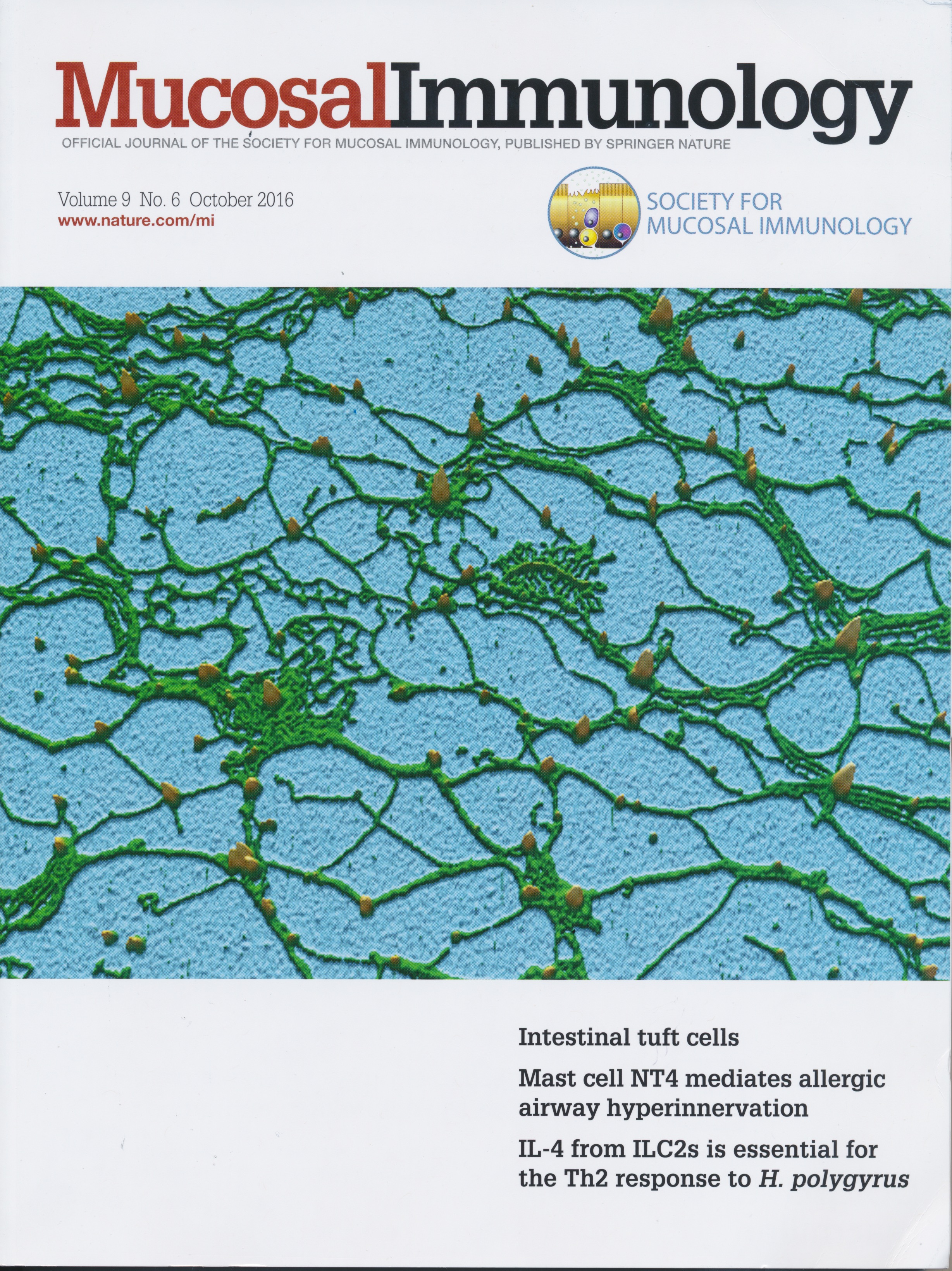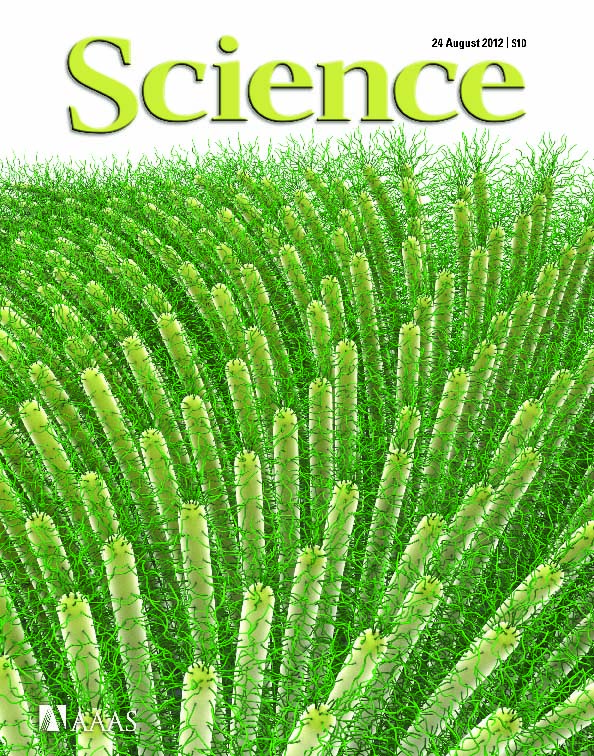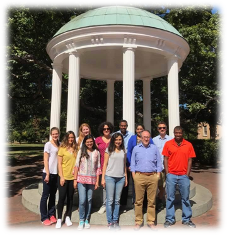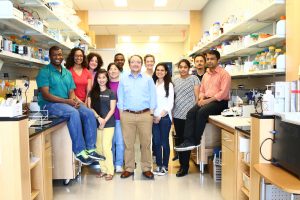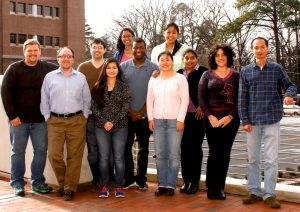The Kesimer lab is located in the Marsico Lung Institute. The core of our research focuses on the basic mechanisms that constitute the major components of innate immunity in the lung.
The upper airway is protected by two complex interacting gel systems, one surrounding the cilia, and the other attached above.
These two complex layers are structured by large complex molecules called mucins. Mucins form a scaffold that supports some 200 globular proteins, most of which have known or suspected functions concerned with innate immunity. For instance, they recognize and interact with chemical, physical, and pathological irritants.
In an ideal situation, this system acts as an integrated whole; however, in diseases such as chronic bronchitis, asthma, cystic fibrosis, and many others, it fails. In cystic fibrosis, the source of the failure (a gene defect) is known, but we don’t know how this defect affects the local protective gels. Recent data from the Kesimer lab suggest that in cystic fibrosis, the gene defect affects the mucin biology. This compromises the structures’ protective functions and dramatically changes the resulting mucus biophysical properties.
After COVID-19 became a pandemic, we rapidly implemented our research tools and methodology to COVID-19 basic and translational research to understand the clinical trajectory, pathogenesis, and prognosis of the disease.
